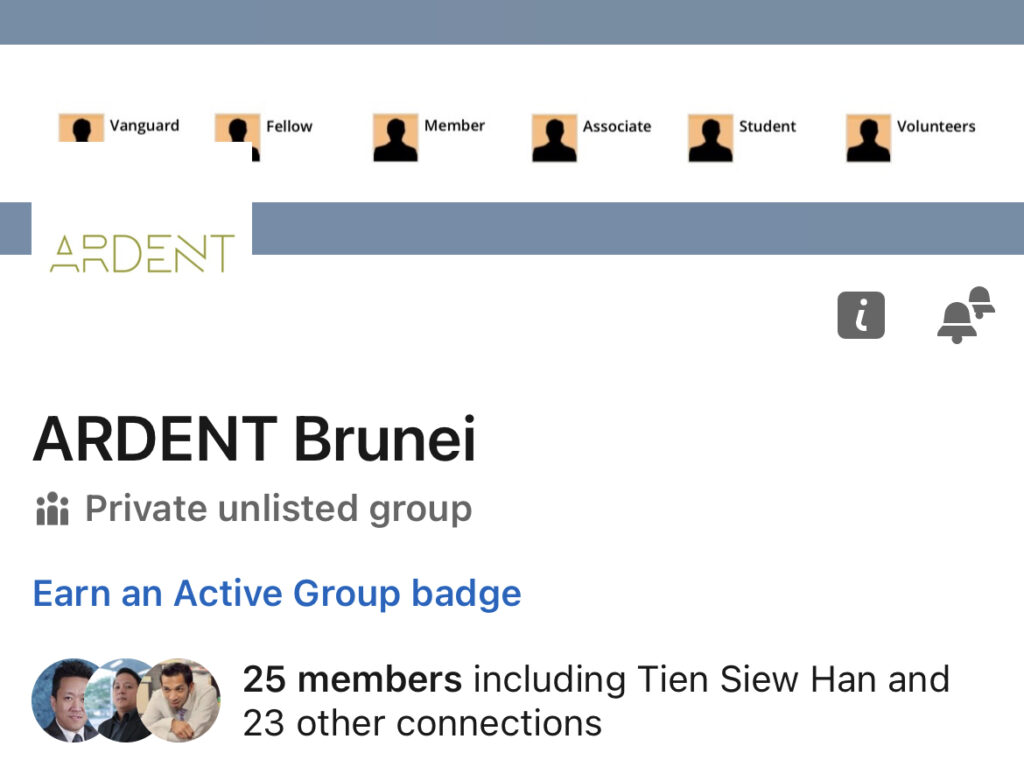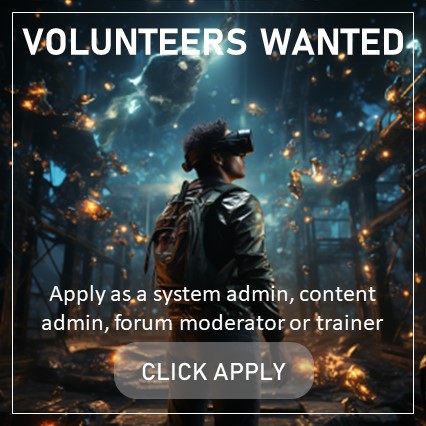In this course, students will learn the principles and practices of DataOps, a set of techniques and tools used to streamline and optimize the process of collecting, processing, and analyzing data. Students will learn about the different stages of the DataOps lifecycle, including data ingestion, data processing, data analysis, and data delivery, and will gain hands-on experience with tools and techniques used in each stage.
Lesson 1: Introduction to DataOps
- Overview of DataOps
- Benefits of DataOps
- DataOps lifecycle
- Key concepts in DataOps
Lesson 2: Data Ingestion
- Data ingestion best practices
- Data ingestion tools and technologies
- Data ingestion challenges and solutions
Lesson 3: Data Processing
- Data processing best practices
- Data processing tools and technologies
- Data processing challenges and solutions
Lesson 4: Data Analysis
- Data analysis best practices
- Data analysis tools and technologies
- Data analysis challenges and solutions
Lesson 5: Data Delivery
- Data delivery best practices
- Data delivery tools and technologies
- Data delivery challenges and solutions
Lesson 6: Hands-on Exercises
- Hands-on exercises on data ingestion, processing, analysis, and delivery
- Students will work on a real-world data project using DataOps techniques and tools
Lesson 7: Case Studies
- Case studies of companies that have successfully implemented DataOps
- Analysis of the challenges faced and solutions implemented
Course Instructor
Introduction to DevOps
Test my understanding
Continuous integration
Definition and benefits of continuous integra
Tools and techniques for implementing continuous integration
Best practices for setting up and maintaining a continuous integration pipeline
Test my understanding
Continuous delivery
Definition and benefits of continuous delivery
Tools and techniques for implementing continuous delivery
Best practices for setting up and maintaining a continuous delivery pipeline
Test my understanding
Infrastructure as Code
Definition and benefits of infrastructure as code
Tools and techniques for implementing infrastructure as code
Best practices for setting up and maintaining infrastructure as code
Test my understanding
DevOps Metrics and Monitoring
Definition and importance of DevOps metrics
Common DevOps metrics and their measurement methods
Best practices for monitoring and analyzing DevOps metrics
Test my understanding
DevOps Culture and Collaboration
Definition and importance of DevOps culture
Key principles and practices of DevOps culture
Best practices for fostering collaboration and communication among team members
Test my understanding
DevOps Tools and Pipelines
Overview of popular DevOps tools and technologies
Setting up and configuring DevOps pipelines using tools such as Jenkins, GitLab CI/CD, and CircleCI
Test my understanding
DevOps in practice
Case studies of successful DevOps implementations
Best practices for implementing DevOps in a real-world setting
Challenges and considerations for implementing DevOps
Wrap-up

































